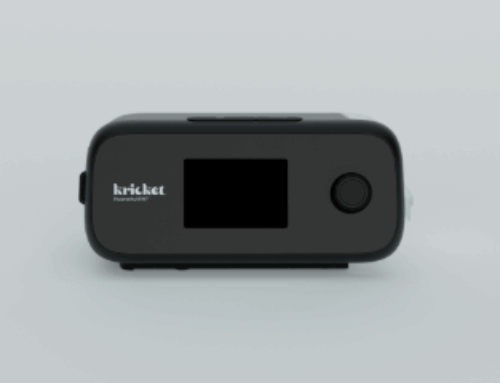Merck announced Feb. 3, 2020, that the U.S. Food and Drug Administration has updated the prescribing information for Belsomra (suvorexant) to include details about an insomnia study in patients with mild to moderate Alzheimer’s disease. Belsomra was first FDA-approved for the treatment of insomnia in 2014.
About Belsomra
Belsomra is a first-in-class oral orexin receptor antagonist. Orexin is a neurotransmitter found in a specific part of the brain that can help keep a person awake. Belsomra is thought to work by activating orexin receptors.
The American Academy of Sleep Medicine Clinical Practice Guideline for the Pharmacologic Treatment of Chronic Insomnia in Adults provides recommendations for individual drugs commonly used to treat insomnia. One of the recommendations in the guideline suggests that clinicians use suvorexant as a treatment for sleep maintenance insomnia (versus no treatment) in adults.
Clinical Trials
Merck reports that the updated prescribing information for Belsomra was based on findings of a study recently published in Alzheimer’s & Dementia. The study was a randomized, double-blind, placebo-controlled, parallel-group, multi-site four-week polysomnography trial of Belsomra in patients with mild-to-moderate Alzheimer’s disease. Results show a statistically significant improvement in total sleep time and wake after sleep onset measures in patients taking the medication, compared to the placebo group.
Insomnia and Alzheimer’s Disease
The American Academy of Sleep Medicine’s health advisory on sleep and Alzheimer’s disease notes that chronic sleep loss or poor sleep may contribute to the development of Alzheimer’s disease. According to Merck, insomnia is more common in people with Alzheimer’s.
Read more sleep industry news from the AASM.





